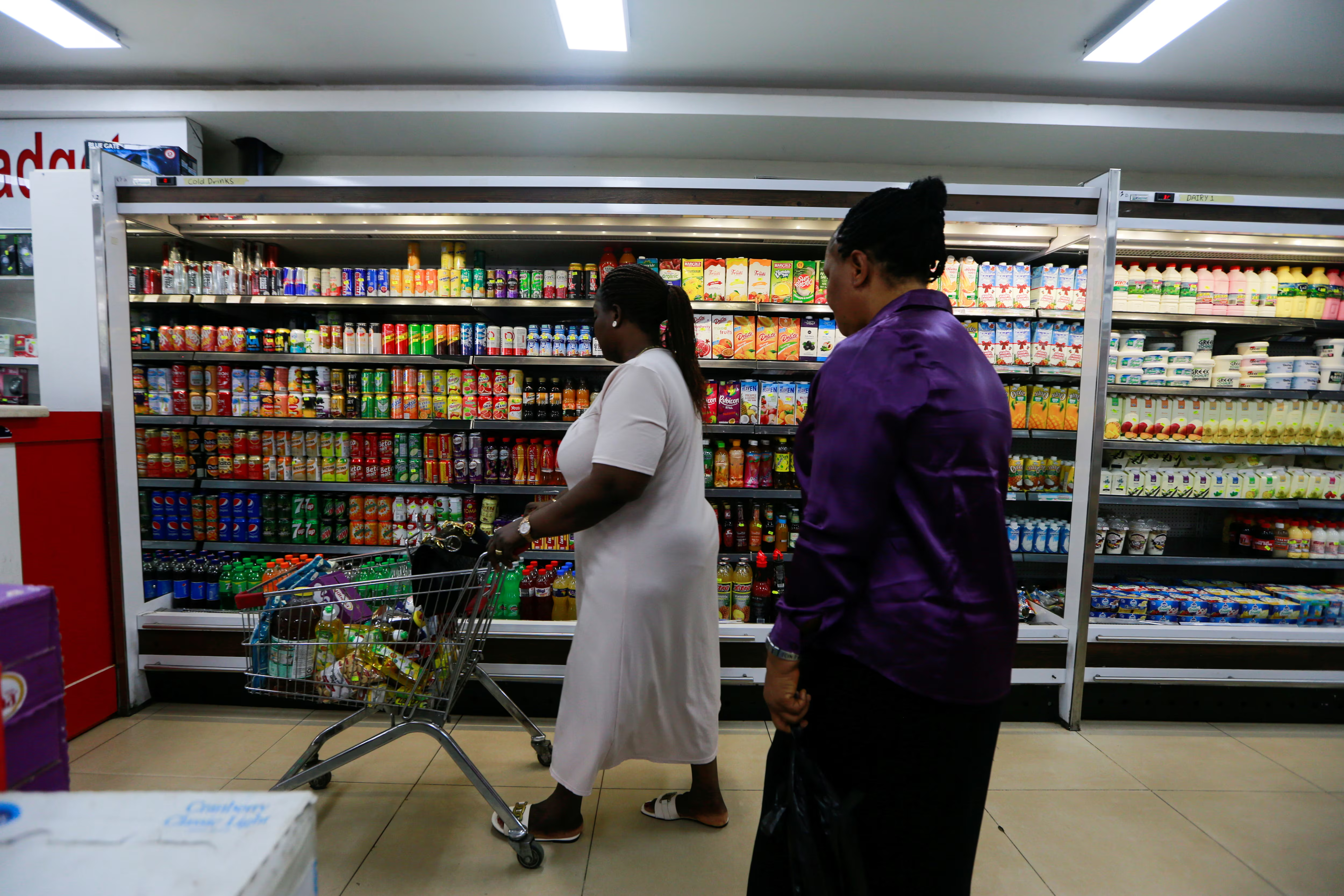
ABUJA, Feb 18 (Reuters) – Nigeria’s annual inflation rate stood at 24.48% in January, the statistics agency said on Tuesday, well down from the previous month’s figure after the country’s price index was rebased for the first time in more than a decade.
The National Bureau of Statistics said the rebasing – in which the items in the reference ‘basket’ used to calculate inflation were reweighted and the comparison period was updated from 2009 to 2024 – was necessary to reflect changes in consumption patterns.
“The price estimate from NBS will be much more reflective of the current inflationary pressure experienced within the economy,” Statistician-General Prince Adeyemi Adeniran told a press conference.
He said the latest data should not be interpreted as reflecting a sharp slowdown in inflation. Last month, before the rebasing, the statistics bureau put December inflation at 34.80% year on year.
“It’s not saying prices have come down in the market to this rate, but the rate of change between 2024 January and 2025 January is what the inflation rate is all about,” Adeniran said.
The Consumer Price Index is meant to be rebased every five years, but that had not happened in Nigeria since 2009 due to a lack of resources.
The latest rebasing benefited from data and technical support provided by the World Bank, the International Monetary Fund and the Central Bank of Nigeria, Adeniran said.
Nevertheless, Razia Khan, chief economist for Africa and Middle East at Standard Chartered, said financial markets had not expected the rebasing would make such a big difference to the headline inflation rate.
She said January’s lower figure potentially opened the door for an interest rate cut at the central bank’s monetary policy meeting this week.
The bank raised interest rates by 875 basis points last year, as inflation was driven up by President Bola Tinubu’s moves to end subsidies and devalue the naira currency. Tinubu’s administration hopes those reforms will shore up public finances and boost economic growth.
Khan said a 25-basis-point rate cut this week would have little market impact but would at least “acknowledge local sentiment that policy has been too tight”.
Food inflation, a key driver of the headline rate, was at 26.08% year on year in January after the rebasing.
(Reporting by Elisha Bala-Gbogbo and Chijioke Ohuocha; Additional reporting by Libby George in London; Editing by Alexander Winning and Angus MacSwan)

